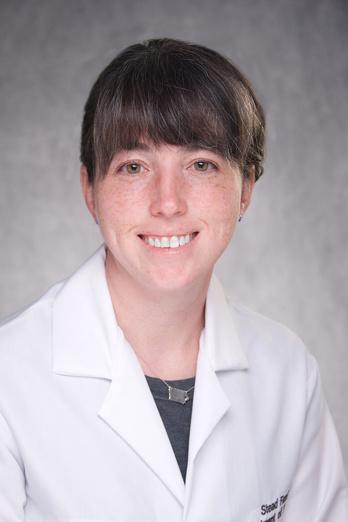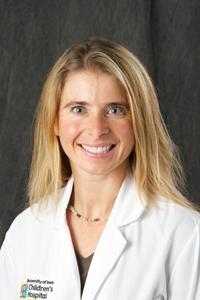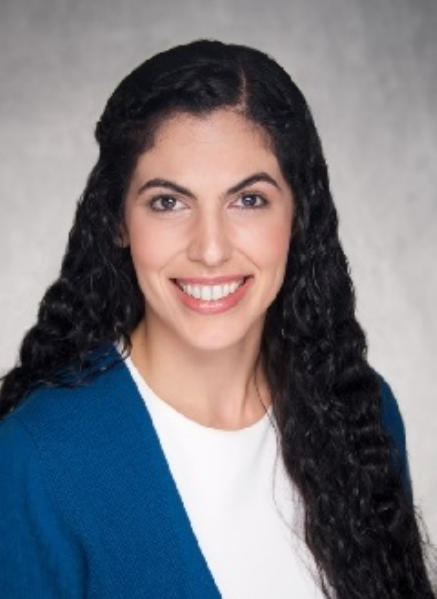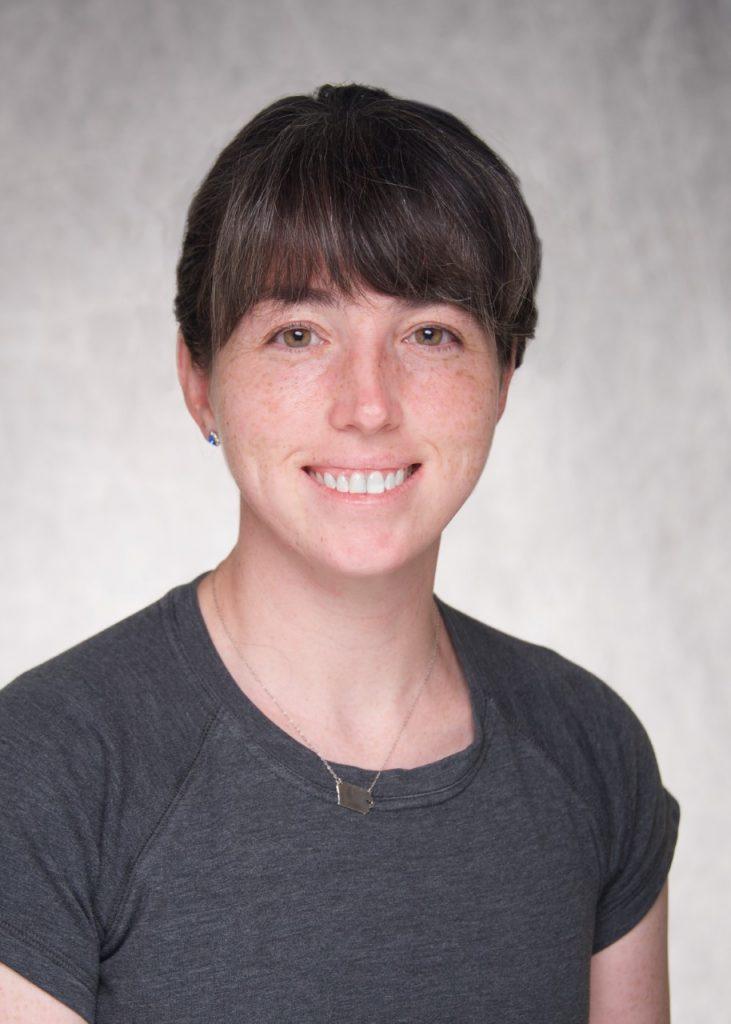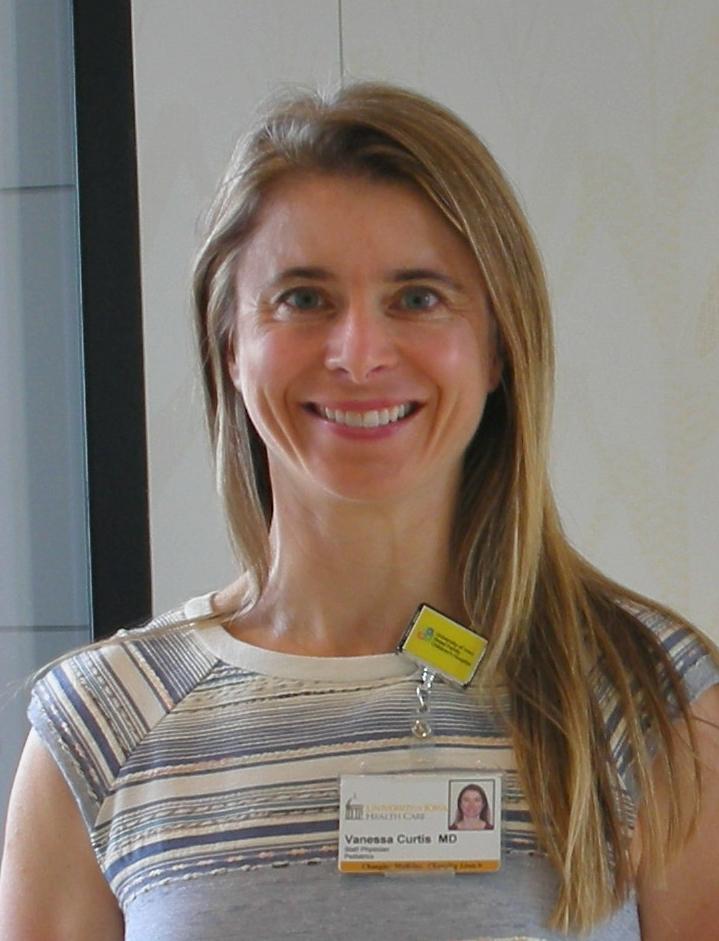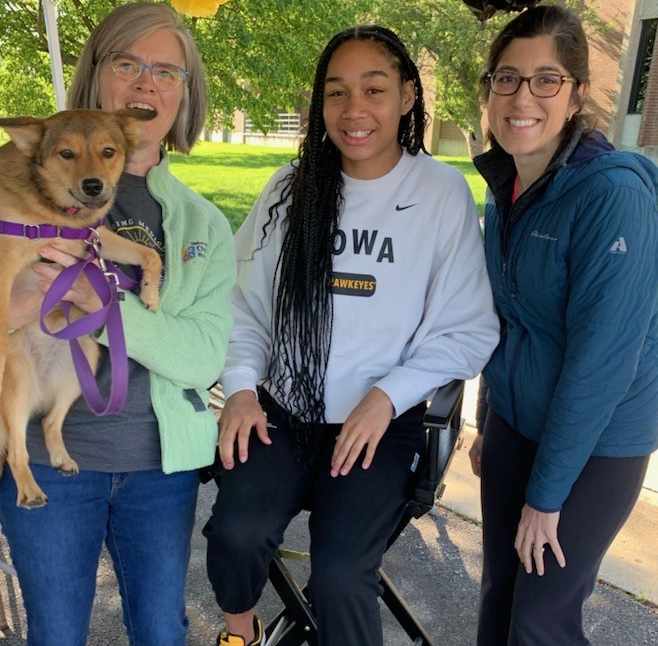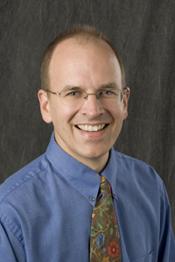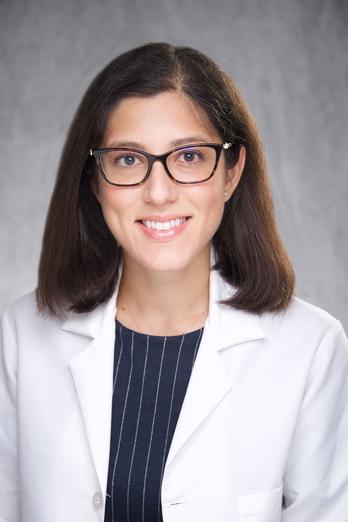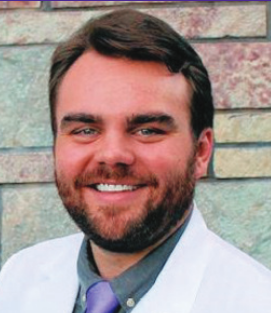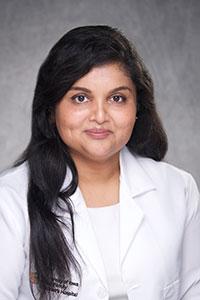
We are pleased to announce that Dr. Gabriel Castano is starting as a new pediatric endocrinologist in our division. He received his Medical Doctorate from the Santos School of Medicine in Monterrey, completed pediatric residency at the University of Texas Health Science Center San Antonio, and just completed the highly regarded fellowship in pediatric endocrinology at Texas Children’s Hospital / Baylor College of Medicine in Houston. He has published expertise in several areas of pediatric endocrinology, including diabetes. His ongoing clinical interests include diabetes, type 2 diabetes prevention, and bone health. In clinic, his initial practice will include general pediatric endocrinology and diabetes, as well as outreach services in Bettendorf. Welcome Dr. Castano!


